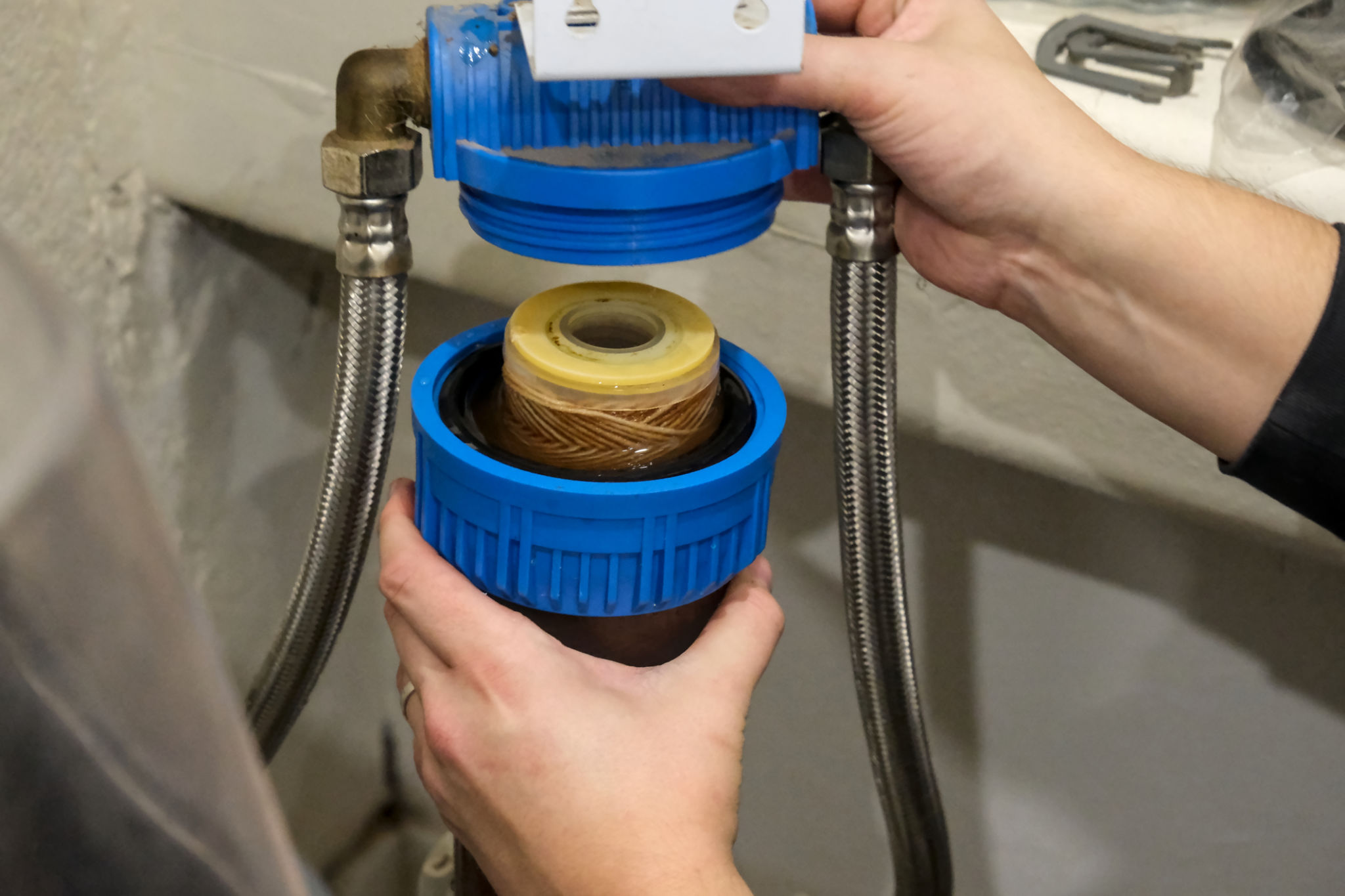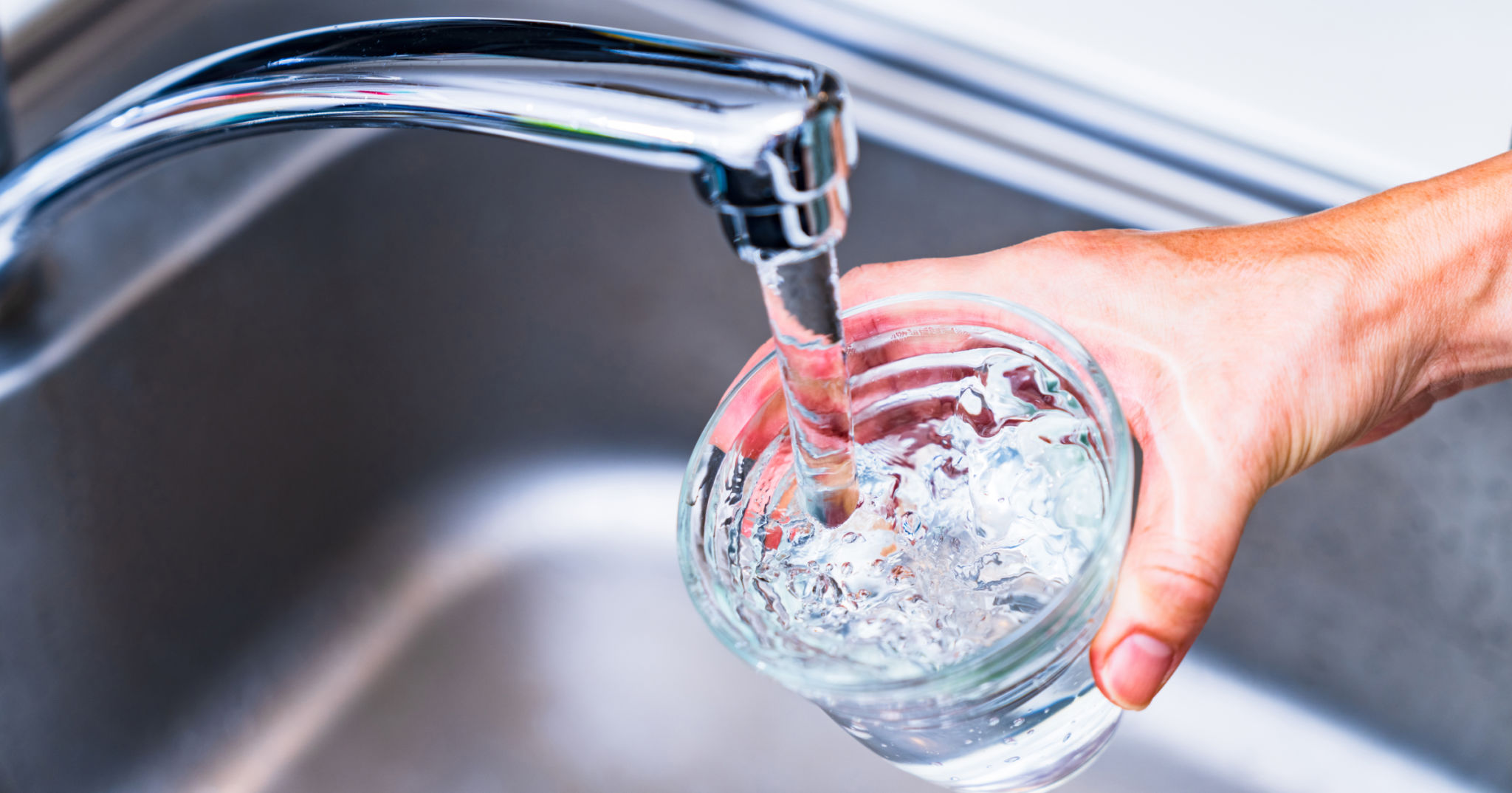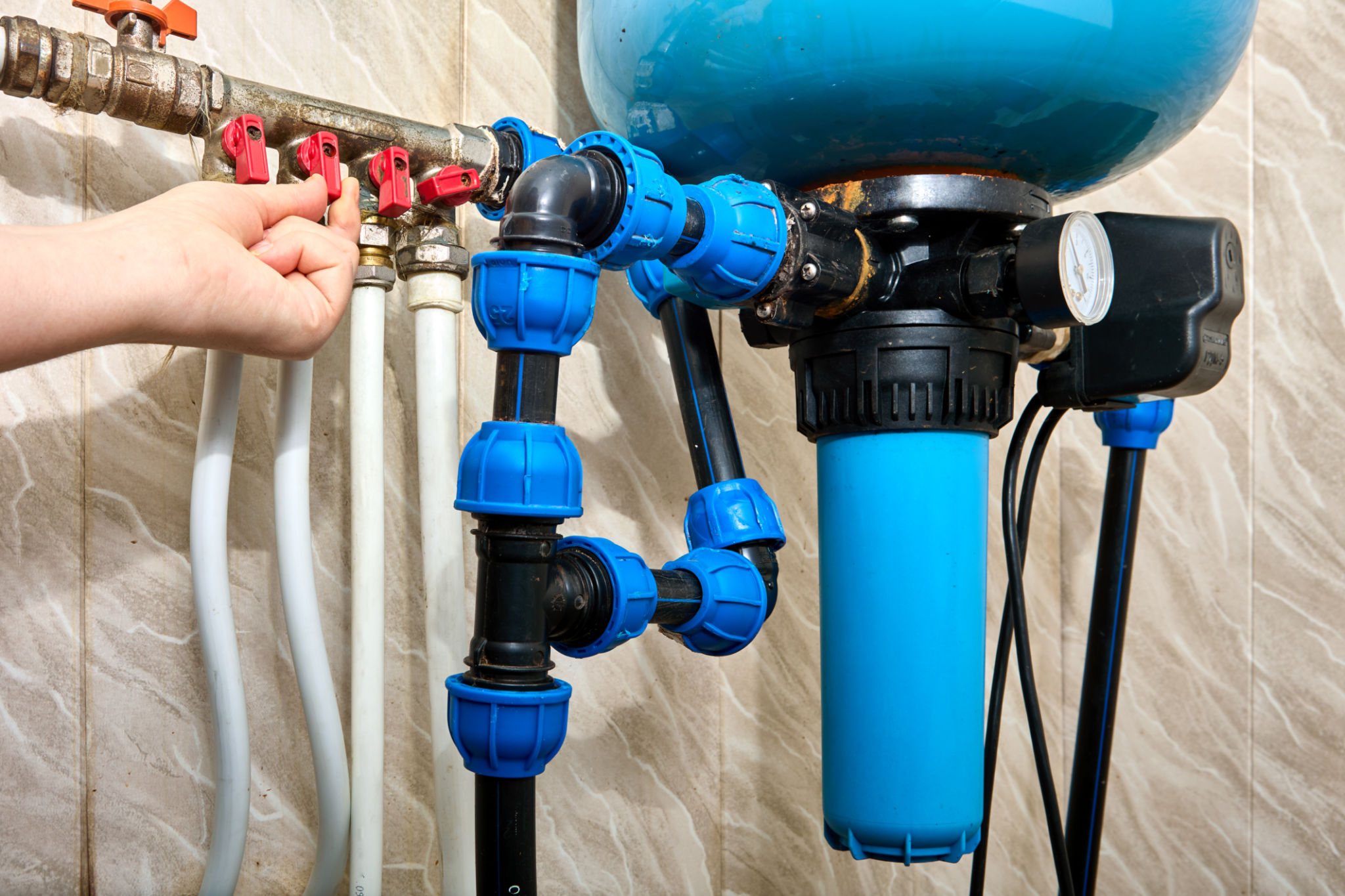Water Softener vs. Whole-House Filtration: Which is Best for Your Needs?
Understanding Water Softeners and Whole-House Filtration Systems
When it comes to managing water quality in your home, two popular options are water softeners and whole-house filtration systems. Each serves a distinct purpose, and choosing between them depends on your specific needs. A water softener primarily addresses issues related to hard water, while a whole-house filtration system targets a broader range of contaminants.

What is Hard Water?
Hard water contains high levels of minerals such as calcium and magnesium. These minerals can lead to scale buildup in pipes and appliances, reducing efficiency and lifespan. Additionally, hard water can leave residue on dishes, clothing, and skin. If these are your primary concerns, a water softener might be the right solution for you.
Water softeners work through a process called ion exchange, which replaces calcium and magnesium ions with sodium or potassium ions. This process reduces scale buildup and makes water more compatible with soap, improving cleaning efficiency.
Whole-House Filtration: A Comprehensive Solution
A whole-house filtration system is designed to remove a wider range of contaminants from your water supply. These systems often use multiple stages of filtration to address issues like chlorine, sediment, volatile organic compounds (VOCs), and other impurities that can affect water taste, odor, and safety.

Main Features of Whole-House Filtration Systems
Whole-house filtration systems typically include several components such as sediment filters, carbon filters, and sometimes UV light for disinfecting. They ensure that all the water entering your home is treated, providing clean water for drinking, cooking, bathing, and laundry. This option is ideal for those concerned with overall water quality beyond just hardness.
Choosing the Right System for Your Home
The decision between a water softener and a whole-house filtration system depends on your specific water quality issues and priorities. Consider the following factors:
- Water Hardness: If hard water is causing scale buildup or affecting appliance performance, a water softener could be the best choice.
- Contaminant Levels: If you're concerned about chemicals, sediments, or biological contaminants, a whole-house filtration system may be more suitable.
- Water Testing: Conducting a professional water test can provide insights into the types of contaminants present in your water supply.

Cost Considerations
The cost of installing either system can vary based on the complexity and the specific products chosen. Water softeners often have lower upfront costs but require ongoing maintenance with salt or potassium refills. Whole-house filtration systems might have higher initial costs but generally require less frequent maintenance. Weighing these long-term costs against initial investments is crucial when making your decision.
Conclusion: Tailor Your Choice to Your Needs
Ultimately, the choice between a water softener and a whole-house filtration system should be based on your household’s specific requirements. If you're primarily dealing with hard water issues, a water softener could solve your problems effectively. However, if you have broader concerns about water quality and safety, investing in a whole-house filtration system might be the best approach.
Consult with a water treatment professional to evaluate your needs and get recommendations tailored to your situation. By understanding your options and their benefits, you can ensure that your home's water supply meets your family's needs for health and comfort.
